Makhana, also known as fox nuts or lotus seeds, is a popular snack in various cultures worldwide. This humble ingredient has gained immense popularity due to its unique texture, versatility in cooking, and numerous health benefits. In this blog, we will delve into the world of makhana, exploring its preparation, nutritional value, health benefits, culinary uses, cultural significance, availability, and sustainability. Additionally, we will highlight some best-selling makhana products available on Amazon.
Makhana:
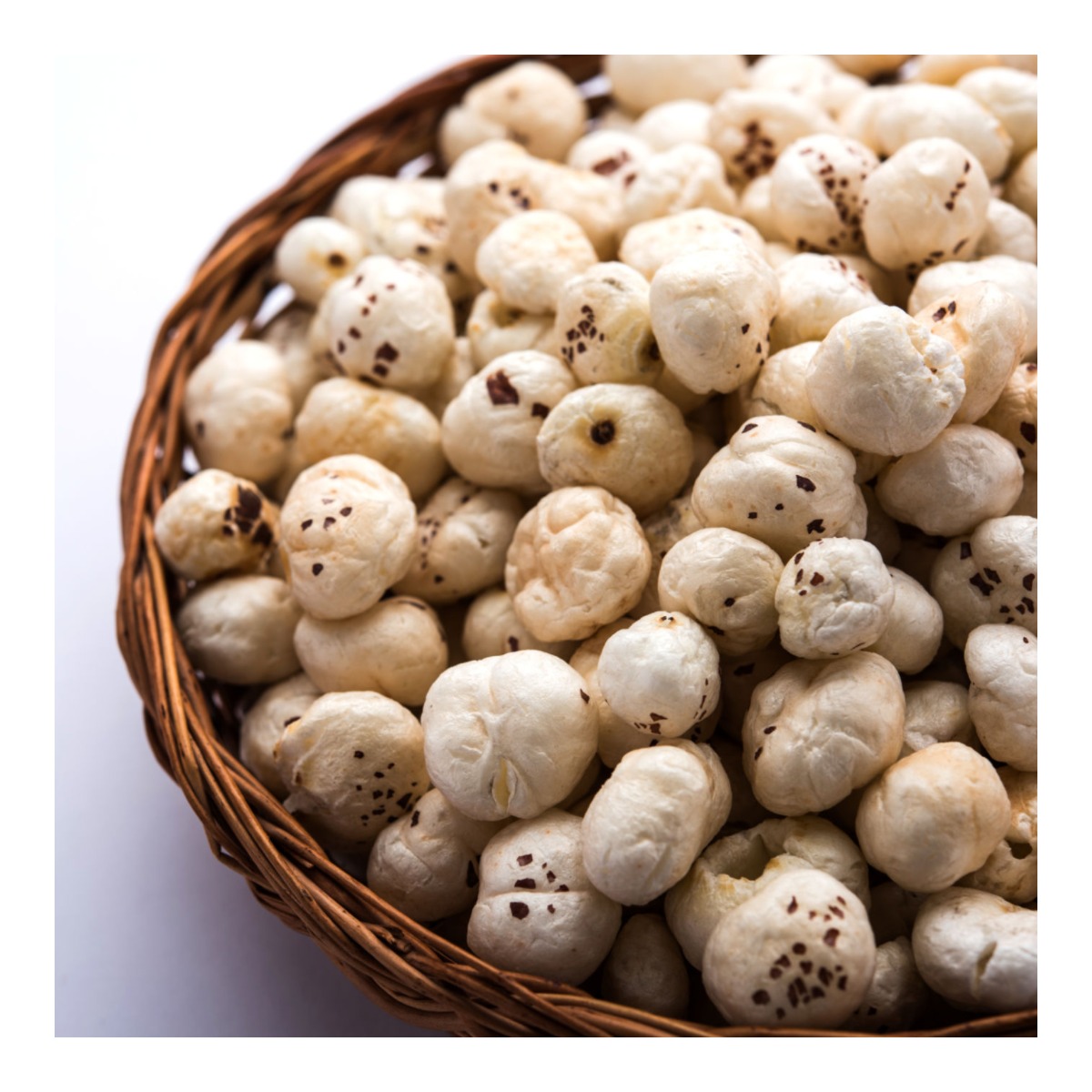
Makhana, scientifically known as Euryale ferox, is an aquatic plant that produces edible seeds. These seeds are commonly referred to as fox nuts or lotus seeds. Makhana has been used in traditional Ayurvedic medicine for its numerous health benefits. In recent years, it has gained popularity as a healthy snack option due to its low calorie and high nutritional content. Makhana seeds are obtained from the lotus flower and undergo a meticulous process of extraction and drying to preserve their flavor and crunchiness. With their neutral taste, makhana seeds serve as an excellent base for various sweet and savory dishes. Let’s explore the process of preparing makhana and discover its nutritional value.



How Makhana is Prepared:
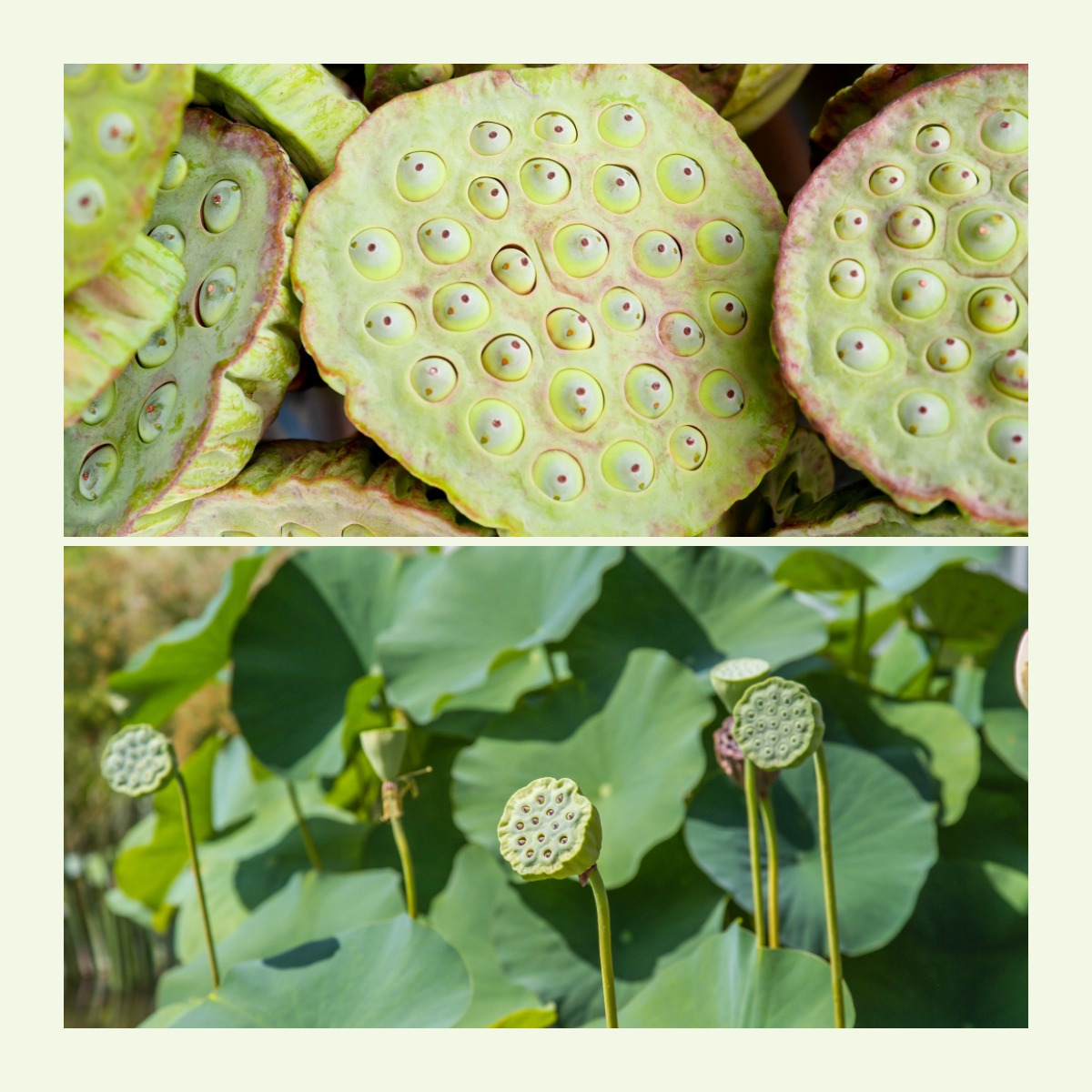
The preparation of makhana involves several steps to ensure the seeds are edible and flavorful. The lotus seeds are harvested from the plant and then washed thoroughly to remove any impurities. Next, the seeds are dried under sunlight or through a drying process to reduce their moisture content. Once dried, the outer shell of the seed is removed, leaving behind the white, puffed makhana seeds. These seeds can be consumed as is or further processed by roasting or flavoring them to enhance their taste and texture. The preparation method may vary slightly depending on regional preferences and culinary traditions.



Nutritional Value of Makhana:
Makhana is not only delicious but also packed with essential nutrients that contribute to a healthy diet. These seeds are low in calories and fat, making them an excellent choice for weight-conscious individuals. Makhana seeds are a good source of protein, dietary fiber, magnesium, potassium, and phosphorus. They are also rich in vitamins like thiamin, riboflavin, and niacin. Makhana is gluten-free, making it a suitable snack option for those with gluten sensitivity or celiac disease. Furthermore, makhana seeds contain antioxidants that help combat oxidative stress and reduce the risk of chronic diseases. Incorporating makhana into your diet can provide sustained energy, promote digestion, support heart health, and contribute to overall well-being.

Health Benefits of Makhana:
Makhana offers a range of health benefits due to its nutrient composition. Firstly, the high protein content in makhana makes it a suitable snack for muscle growth and repair. It is especially beneficial for vegetarians and vegans looking to meet their protein requirements. The low glycemic index of makhana seeds ensures a slow release of glucose into the bloodstream, making it an ideal snack for individuals managing diabetes or maintaining stable blood sugar levels. The presence of dietary fiber aids in digestion and promotes a feeling of fullness, which can support weight management and prevent overeating.
Makhana is also rich in magnesium and potassium, minerals that play essential roles in maintaining healthy blood pressure levels. These minerals contribute to cardiovascular health and reduce the risk of hypertension and heart disease. Additionally, makhana seeds contain phosphorus, which is crucial for bone health and maintenance.
The antioxidants present in makhana, such as kaempferol and quercetin, have anti-inflammatory and anti-aging properties. These antioxidants help protect the body’s cells from damage caused by free radicals and oxidative stress. Regular consumption of makhana may reduce the risk of chronic diseases, including cancer and neurodegenerative disorders.
Furthermore, makhana is a gluten-free and low-fat snack, making it suitable for individuals with gluten sensitivity or those following a low-fat diet. It is a healthier alternative to processed snacks that are often high in unhealthy fats and artificial additives.
Incorporating makhana into your diet can provide an array of health benefits, supporting overall well-being and contributing to a balanced and nutritious diet. Let’s now explore the various culinary uses of makhana and how it can be incorporated into different dishes.



Culinary Uses of Makhana:
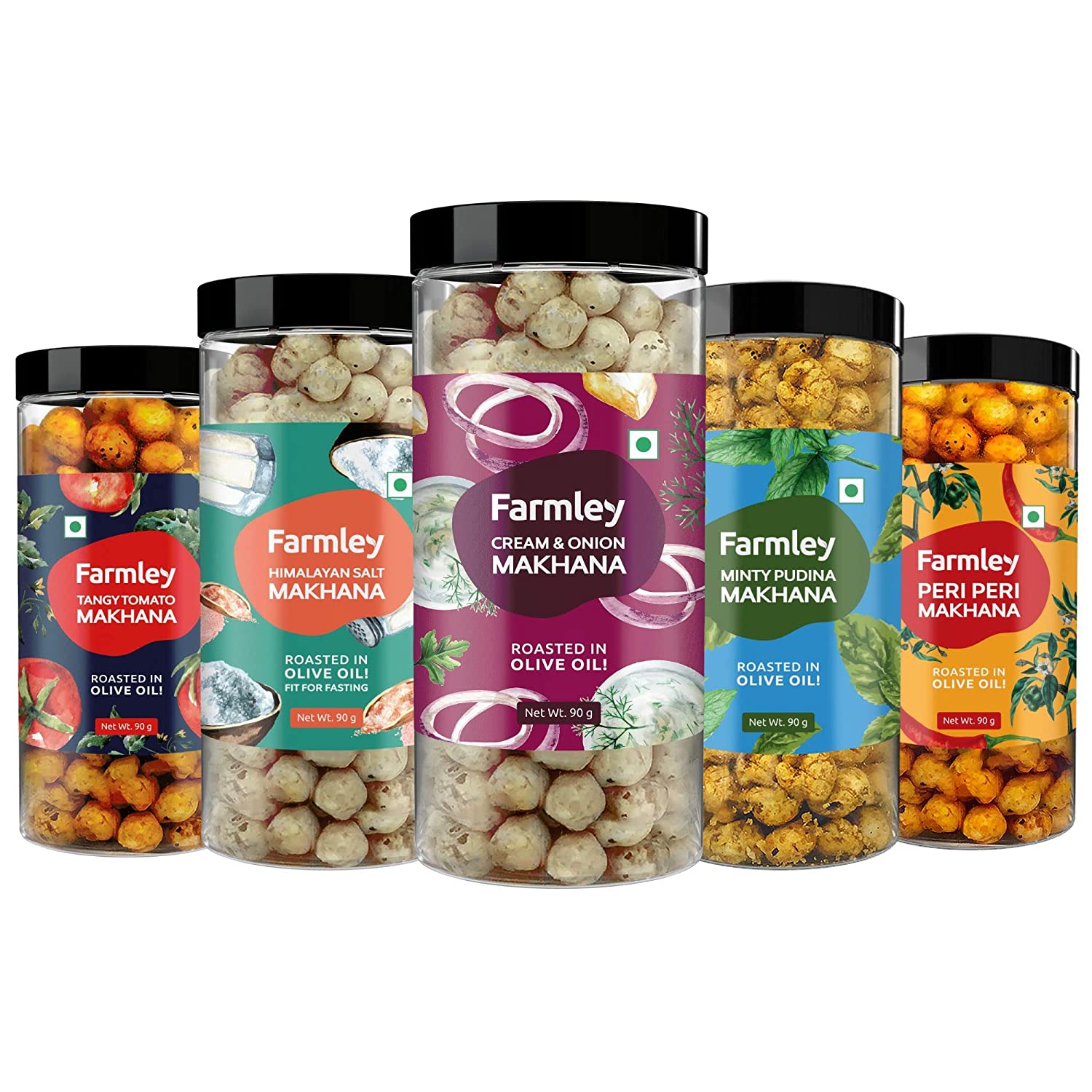
Makhana’s mild and nutty flavor, along with its unique crunchy texture, makes it a versatile ingredient in the kitchen. It can be used in both sweet and savory dishes, adding an interesting twist to traditional recipes. Here are some popular culinary uses of makhana:
-
Roasted Snack:

Roasted makhana is a popular snack option that can be enjoyed on its own or seasoned with spices like chaat masala, black salt, or turmeric for added flavor.
-
Makhana Kheer:

Makhana is commonly used in Indian cuisine to make delicious kheer, a creamy rice pudding. The roasted or soaked makhana adds a delightful crunch to the dessert.
-
Makhana Curry:

Makhana can be added to curries and gravies to enhance their taste and texture. It pairs well with creamy sauces and can be combined with vegetables, paneer (Indian cheese), or meat.
-
Makhana Trail Mix:
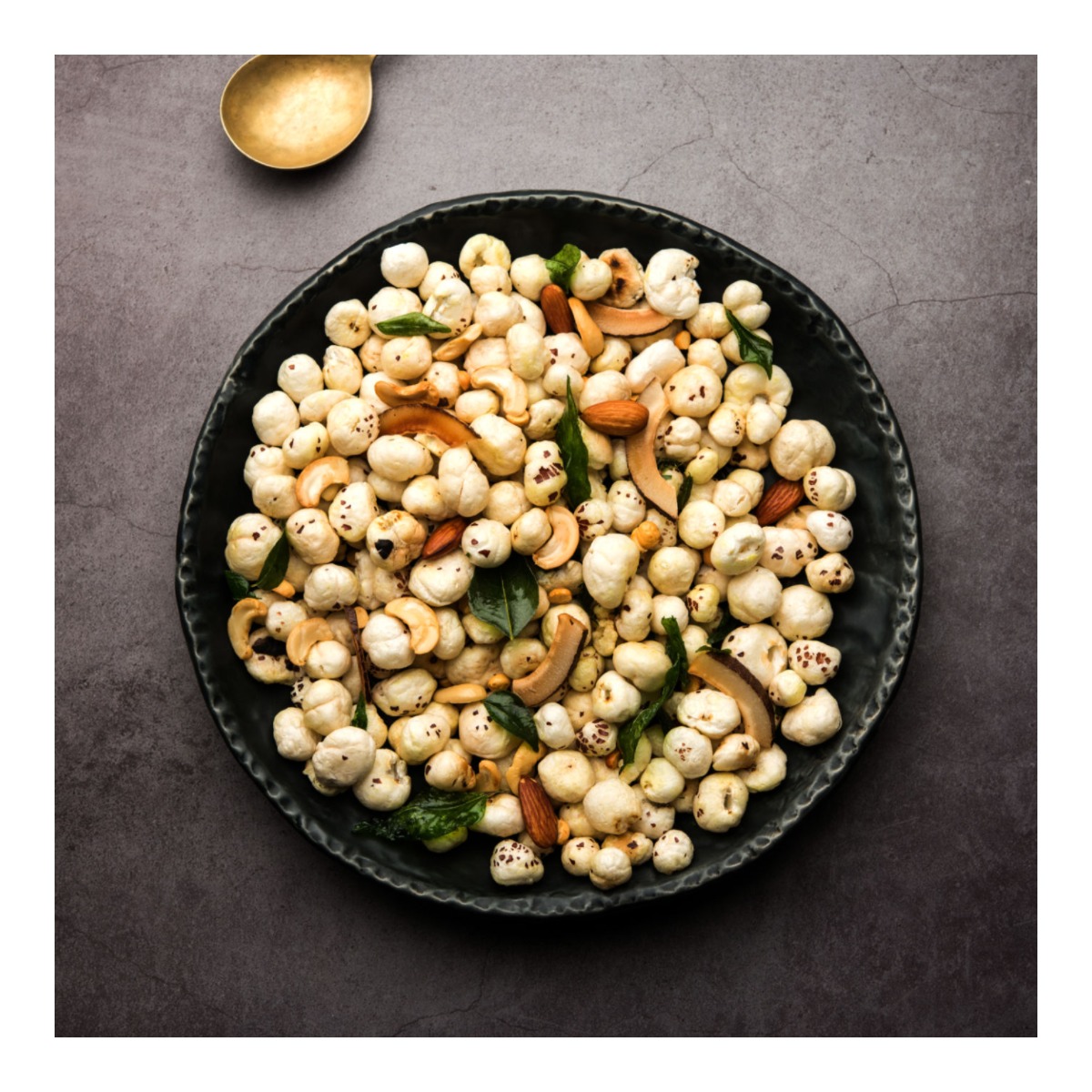
Mix roasted makhana with nuts, dried fruits, and seeds to create a nutritious trail mix. It serves as a healthy snack option for on-the-go munching.
These are just a few examples of how makhana can be utilized in various culinary creations. Its versatility allows you to experiment and explore different recipes to suit your taste preferences. Next, let’s delve into the cultural significance of makhana in different regions.
Cultural Significance of Makhana:

Makhana holds cultural significance in various regions around the world, especially in Asian countries like India and China. In Indian culture, makhana is often associated with religious rituals and festivities. It is considered an auspicious ingredient and is used in religious offerings and ceremonies. Makhana is often included in prasad, which is a sacred food offered to deities and then distributed to devotees.
In Chinese culture, makhana, known as “Fox Nut,” has been used in traditional medicine for centuries. It is believed to have cooling properties and is used to treat ailments related to the kidneys, spleen, and digestive system. Makhana is also considered a symbol of fortune, and its consumption is associated with prosperity and abundance.
In both cultures, makhana is also enjoyed during festive occasions and celebrations. It is used in the preparation of traditional sweets and desserts, symbolizing good luck and happiness.
Apart from its cultural significance, makhana has also found its way into modern cuisine and is gaining popularity globally. Its versatility and nutritional benefits have made it a sought-after ingredient in health-conscious recipes and snacks.
As makhana continues to captivate taste buds and provide numerous health benefits, it is no wonder that its demand is on the rise. Now that we have explored the health benefits, culinary uses, and cultural significance of makhana, it’s time to head to the kitchen and try out some delicious makhana recipes!
Whether you enjoy makhana as a crunchy snack, incorporate it into your favorite curries, or use it as a key ingredient in traditional desserts, makhana offers a unique and delightful culinary experience. Its combination of taste, texture, and nutritional value makes it a versatile addition to any diet.
So why not give makhana a try? Whether you’re looking for a healthy snack option or an exciting twist to your recipes, makhana is sure to add a touch of crunch and flavor to your culinary adventures. Embrace the goodness of makhana and discover the delightful world of this ancient and versatile ingredient. Happy cooking!
With its growing popularity and the increasing availability of makhana in various forms, including roasted, flavored, and powdered, incorporating this nutritious snack into your diet has never been easier. Give it a try and savor the goodness of makhana!






















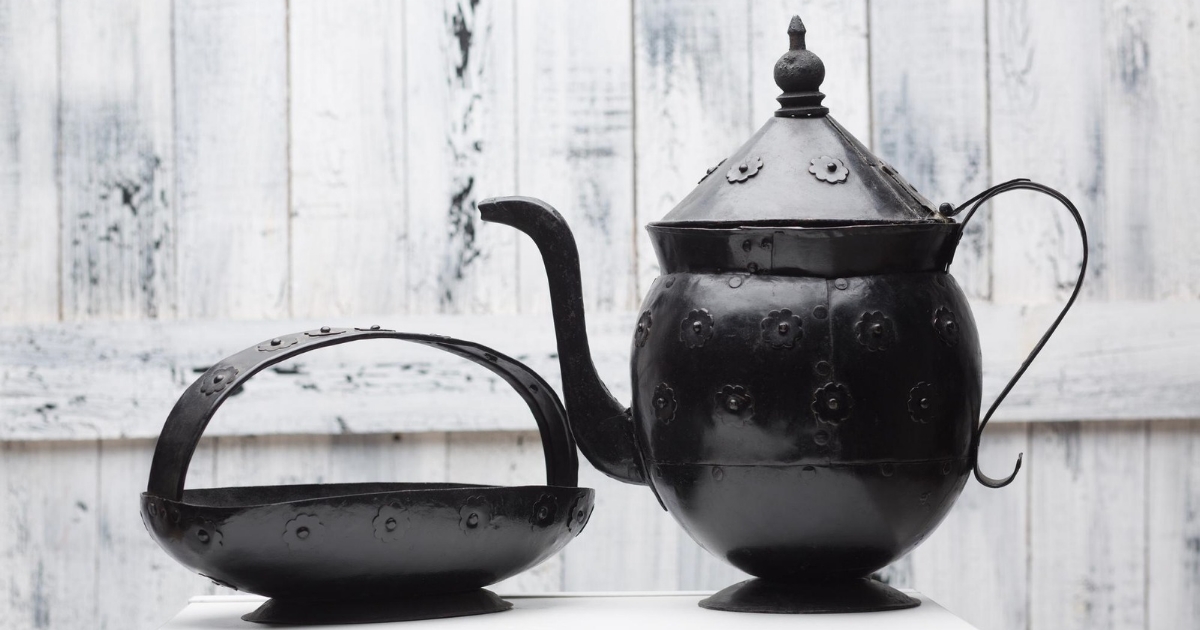


One thought on “Makhana: Healthy, Crunchy and Nutritious”